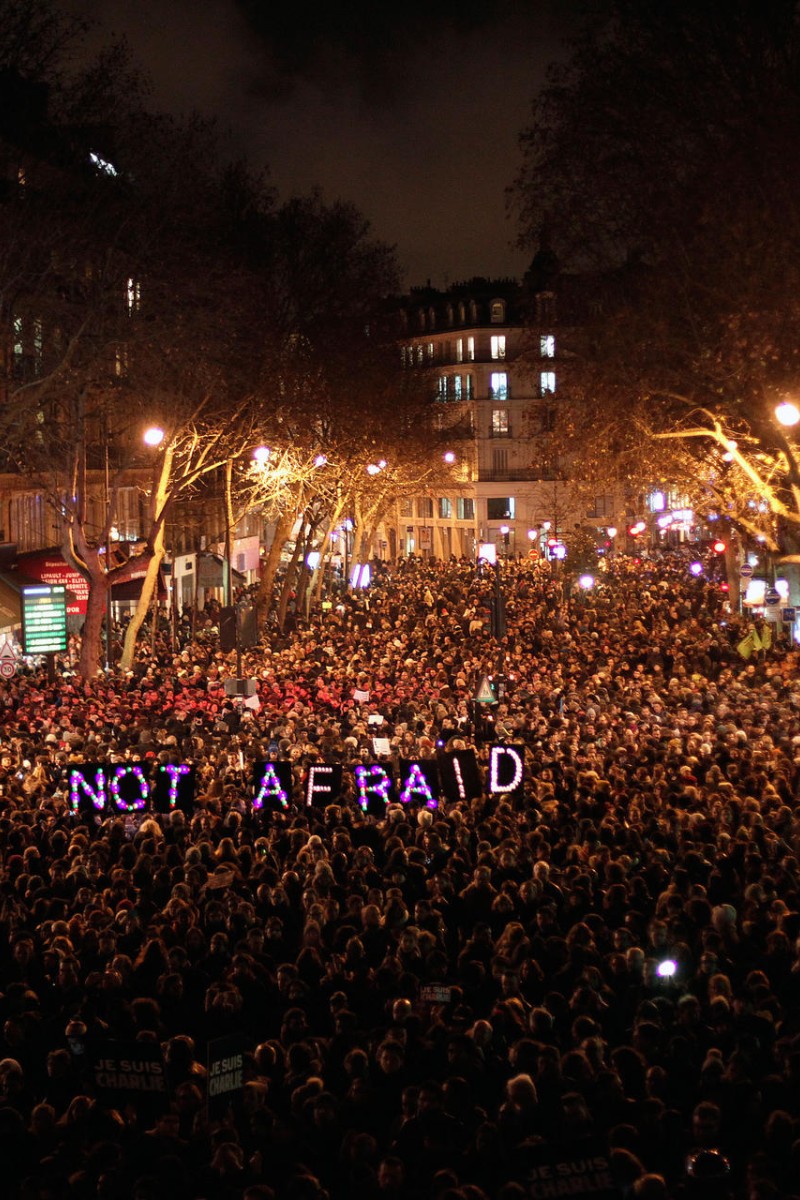
The attack on Charlie Hebdo is an attack on free speech itself
Published:
The Guardian
Listen to this article
There is no justification for these murders because the right to free speech must also include the right to offend
The Guardian
|
Published:
Sign up for the YP Teachers Newsletter
Get updates for teachers sent directly to your inbox
By registering, you agree to our T&C and Privacy Policy
Sign up for YP Weekly
Get updates sent directly to your inbox
By registering, you agree to our T&C and Privacy Policy